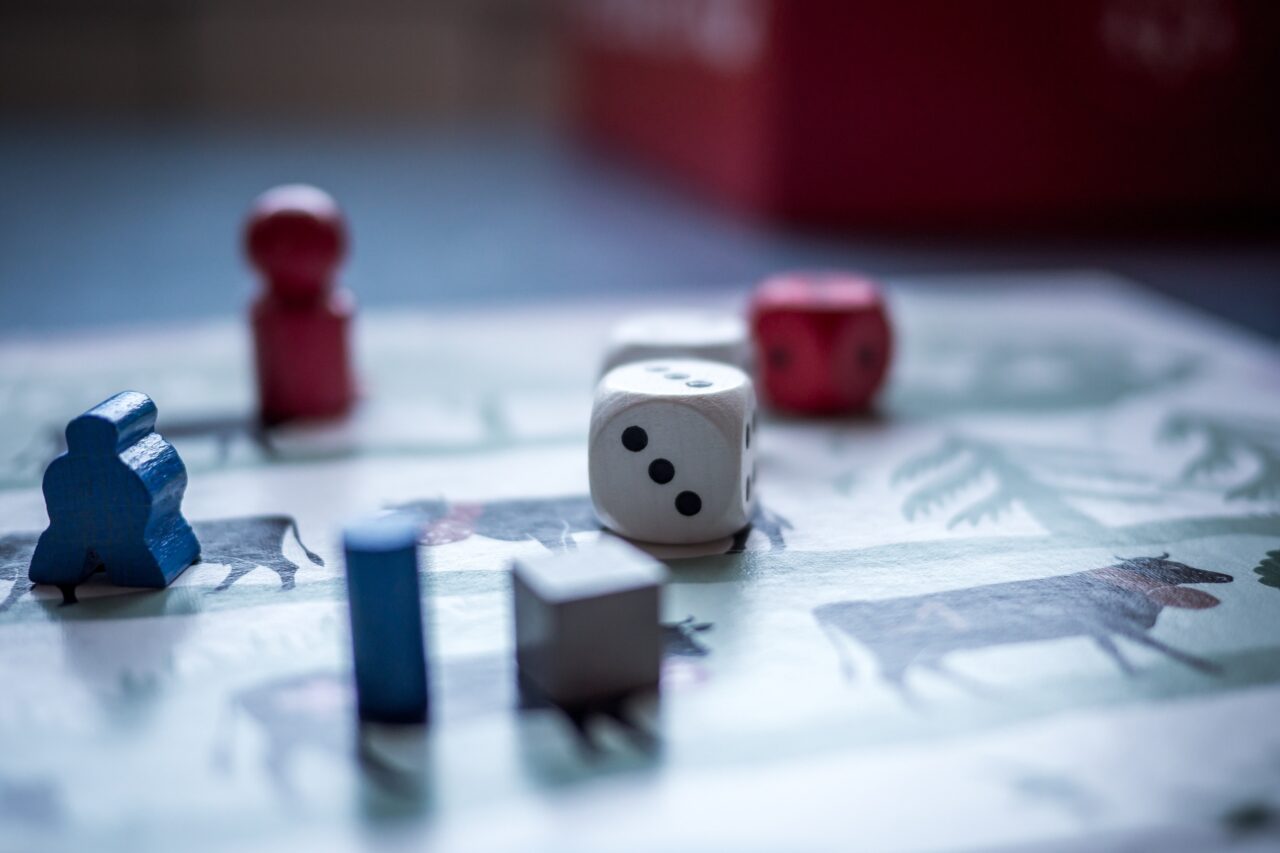
Playing and learning (or studying) are often interpreted as opposing, irreconcilable and certainly not overlapping activities, both in time and space.
Instead, there is a movement of study and research that increasingly recognises the validity and effectiveness of this apparent oxymoron. We speak of 'playful didactics', i.e. methods for proposing, in the world of school and beyond, learning by playing. A concept that is old - the Latins already spoke of docendo ludere - but in times much closer to us deepened, studied and 'systematised'. We asked Liliana Silva, researcher in experimental pedagogy at the University of Messina, who collaborates with the Game Science Research Centre of the IMT School to various projects, to explain what is meant by playful didactics.
When was the idea of teaching through play born?
Although it was not defined in today's terms, it was around since the beginning of the 20th century, with some authors using methods and approaches that today we would call playful didactics. Friedrich Froebel, for example, inventor of the kindergarten, used so-called 'gifts' - constructions, tiles, small wooden objects - to support the development of children's fine motor skills. Another example are Maria Montessori's materials: purely didactic tools, which recalled and recall the real world on the one hand and playful expressiveness on the other, so much so that they are still regarded as toys by recent manufacturers.
What is the contemporary vision instead?
Today we speak of a ludic approach when play is an end in itself, and of a ludiform approach, the one we are considering, where play is used for other purposes, for example learning. Moreover, today we tend to think that the ludiform approach to learning should not be limited to school and childhood, but concerns the whole arc and all spheres of life. In fact, we talk about lifelong learning and of lifewide learning.
What is gamification applied to teaching?
For gamification we mean the use of rules that come from the world of play, and which are used in non-game contexts, for example in the school world and in education, to motivate towards new learning. The pandemic period has multiplied this approach exponentially, by means of applications and platforms that have made it possible - in the context of distance learning - to maintain the teacher-student connection on the one hand, and to foster attention within a context where dispersion is certainly high on the other.
What are the main skills that can be better learned through play than through more traditional approaches?
They are many: disciplinary, communicative, strategic, metacognitive, initiative, interpersonal, ethical, attentional skills... and we could name others. The game makes it possible to support the learning of these skills by means of a motivating approach, which ensures the involvement of the subject and thus enables more meaningful learning than traditional learning. One thing must be said: great importance must be attached to the debriefing moment at the end of the game, i.e. when players are invited to reflect on what they have learned through the game itself.
What projects using this approach exist in Italy?
For now, many small but widespread experiences are underway. "Numeri e pedine", for example, involved primary school teachers from all over Italy in a research project shared with two researchers. The aim is to improve the teaching of mathematics, for now in primary schools, through the proposal of some board games used by teachers in the classroom and discussed at later stages with the researchers. The results at the moment are very interesting. Also significant in the Italian context is the work carried out by “0-99”a project that uses play in a rehabilitation and educational context.
Chiara Palmerini